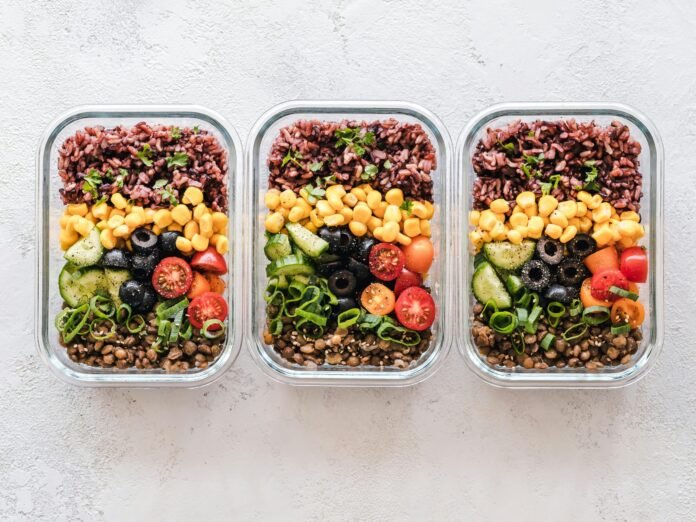Not eating – migraines favor moderation and regularity, so skipping meals and later overeating because you are ravenous can trigger a migraine attack.
Time to examine what the French call “le juste milieu” – “the happy medium.” How can you adapt as painlessly as possible?
Most of us don’t drink enough water. Feeling peckish long before mealtime? Fool your hunger pangs by sipping a few ounces of room-temperature water.
I suspect that migraine sufferers would benefit from drinking more water, allowing their circulatory system to flow more freely and have less of a tendency to stay in the head where it’s doing harm. What daily water intake does your doctor recommend in your case? Do you find it daunting to drink the 6 or 8 glasses or whatever your doctor recommends? Water is to the human body what lubricant oil is to an engine.
Let’s suppose you follow the advice to keep your blood sugar lower by exercising before breakfast. Fill a gallon jug with that recommended daily quantity of water, and drink about a third of it before or during your exercise period. Then, fill a glass with a few ounces every hour. As soon as you empty that glass, fill it with the next few ounces and keep it in view to jog your memory. Finish drinking any liquid around the supper hour. That way, you won’t get up several times at night because you have to use the bathroom.
Modified fasting might be the answer for you: generally speaking, modified fasting is where you don’t eat for a block of consecutive hours during a 24-hour period and take in your meals and snacks during the rest of that 24-hour period.
If you’re not going to eat, make it easy on yourself: best to choose the block of time when you would be sleeping during which you don’t eat, and add on an hour or two at either end.
When you begin a trip, you don’t feed the engine all the gasoline for the trip in the first few minutes by flooring the gas pedal. You keep a moderate pressure on that gas pedal during the entire trip. The same applies to feeding yourself. Indulge yourself – we like to snack, nosh, and nibble. Divide your meals into a series of small containers and eat them at regular intervals during the day.
Ask yourself why you are skipping meals: opportunity for improvement:
- Better organization. If you know you have a busy day midday, prepare salads or meals a few days in advance in containers and bag it at lunch time.
- Dieting. For example, for weight loss, see the paragraph above: if your meals are prepared ahead of time, say after supper when you are full and are more likely to prepare appropriate portions. Try that for a while. Better than not to eat and binge later on – you may take in more calories than you intended if you do that.
- Are you an emotional eater? If you prepare and portion out an ideal meal ahead of time, even if you are an emotional eater, you stand a better chance of not overeating and making yourself sick from being too full.
Since most doctors and dietitians recommend smaller meals, consider making discipline and moderation your new BFFs more often.


